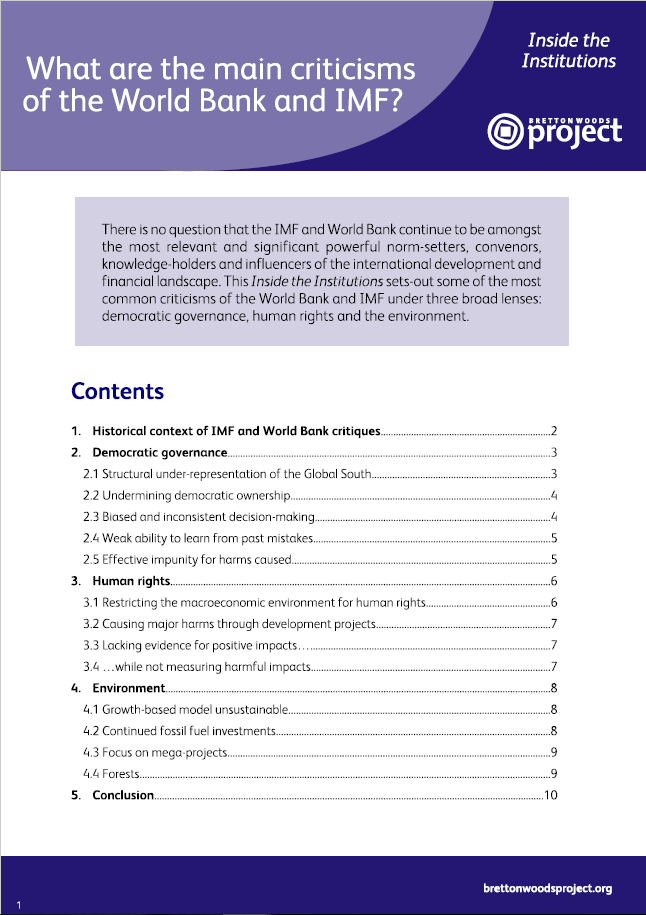CSSInternational Relations-I
Q4. The role of the IMF in developing countries is a contested issue in academic research. What are some positive and negative implications for low-income countries?

The role of the International Monetary Fund (IMF) in developing countries is a highly debated topic in academic research, and its impact on low-income countries is complex and multifaceted. Here are some of the positive and negative implications:
Positive Implications:
- Financial stability: The IMF provides financial support to low-income countries during periods of economic crisis, helping to stabilize their economies and maintain their access to international financial markets.
- Policy advice: The IMF provides policy advice to developing countries, helping to improve the effectiveness of their economic policies and increase the efficiency of their public institutions.
- Structural reforms: The IMF often requires countries to implement structural reforms in exchange for financial support. These reforms can help improve the functioning of markets, increase economic efficiency, and enhance long-term economic growth.
Negative Implications:
- Conditionality: The IMF typically imposes strict conditions on its lending programs, requiring recipient countries to implement austerity measures and implement structural reforms. These conditions can lead to cuts in public spending and reductions in social programs, which can negatively impact the most vulnerable members of society.
- Debt dependency: The IMF’s lending programs can create debt dependency in low-income countries, leading to a cycle of borrowing and debt repayment that can constrain future economic growth and development.
- Loss of sovereignty: The IMF’s policy advice and lending conditions can limit the policy autonomy of low-income countries, reducing their ability to pursue their own development strategies.
- Economic imbalances: The IMF’s policies can lead to economic imbalances, such as reduced demand for goods and services, and increased unemployment, which can undermine economic growth and stability.
In conclusion, the role of the IMF in developing countries is a complex issue, with both positive and negative implications for low-income countries. It is important for policymakers to carefully consider the potential costs and benefits of IMF programs, and to ensure that any conditions imposed are designed to support sustainable and inclusive economic growth.